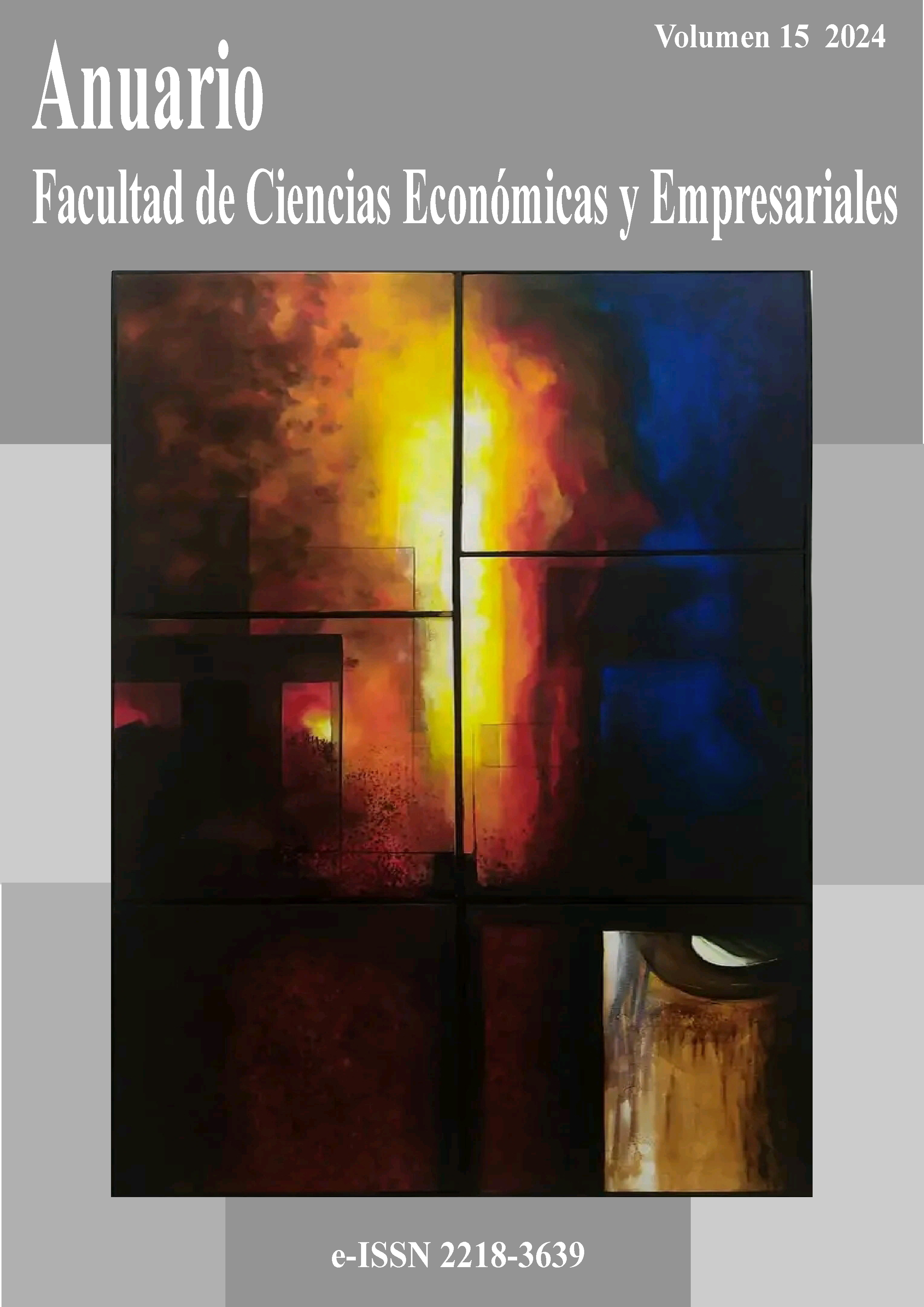Personal trust, embodied cognition and their implications in decision making for cooperation in the organizational environment
Keywords:
personal trust, cooperation, decision making, embodied cognitionAbstract
The development of economic sciences, and particularly those of management, are increasingly linked to the complexity of social processes and their dynamics, as well as the understanding of human beings in interaction with their environment. In these, the classic paradigm of homo economicus has been taken as the predominant starting point, rallying the subject around his own interests, self-sufficiency and competitiveness. In contrast, it is proposed, through analysis-synthesis, inductive-deductive methods, with a multidisciplinary approach, to explore the interconnected dynamics between personal trust, embodied cognition and their implications in decision-making for cooperation in the organizational environment. Thus, it was possible to redefine and recover the body as an object of experience and the senses as a space created and affected in modern organizational environments.
References
Acedo‐Carmona, C., & Gomila, A. (2019). Personal trust extends cooperation beyond trustees: A Mexican study. International Journal of Psychology, 54(5), 687-704.
Aksom, H. (2023). Accepting Organizational Theories. Global philosophy.Volume 33, Issue 3. DOI 10.1007/s10516-023-09655-5. Article Number, 31
Brechin, S. R. (2021). Karl Polanyi’s Political and Economic Thought: A Critical Guide. Contemporary Sociology, 50(2), 147-149. https://doi.org/10.1177/0094306121991076i
Clark, A. y Chalmers, D. (1998). The extended Mind. Analysis, 58(1), 7-19.
Deleuze, G. (2021). Gilles Deleuze lecture transcripts on Spinoza’s concept of affect. Accessed November 24, 2021. shorturl.at/msAT8
Doyle, J. (2021). The Effect of Cultural Trust on Cooperation in Two Behavioral Experiments. SOCIAL PSYCHOLOGY QUARTERLY. Volume 84, Issue 3, Page 246-266. DOI 10.1177/01902725211032134
Hayes, Steven C. and Sanford, Brandon T. (2014). “Cooperation came first: evolution and human cognition”. Journal of the experimental analysis of behavior, 101(1), 112–129.
Kuzmicheva, Z. E. (2020). Personal and situational factors of decision-making under trust-distrust (the prisoner’s dilemma model). PSYCHOLOGY-JOURNAL OF THE HIGHER SCHOOL OF ECONOMICS, 17(1), 118-133. DOI 10.17323/1813-8918-2020-1-118-133
Merleau-Ponty, M. (1968). The Visible and the Invisible: Followed by Working Notes, trad. A. Lingis. Northwestern University Press.
Merleau-Ponty, M. (2012), Phenomenology of Perception, trad. D. A. Landes. Routldge.
Mies, M. y Shiva, V. (2014). Ecofeminismo:Teoría, crítica y perspectivas. Ed. Icaria-Antrazyt.
Mies, M. (2019). Patriarcado y acumulación a escala mundial. Ed. Traficantes de Sueños.
Parfit, D. (2004). Razones y personas. Ed. Machado Libros S.A.
Pavlov, A. and Micheli, P. (2023). Rethinking organizational performance management: a complexity theory perspective. International journal of operations & production management, 43(6), 899-915. Doi10.1108/ijopm-08-2022-0478
Rowlands, M. (2010). The New Science of the Mind, Cambridge: The MIT Press.
Sage, D.; Jorden, N.; Zebrowski, C. (2023). Rethinking trust within emergency collaboration: The significance of negative affects. JDOI 10.1111/1468-5973.12504
Simondon, G. (2020). Individuation in Light of Notions of Form and Information. University of Minnesota Press.
Soriano, J. R.; Rodriguez-Larios, J.; Varon C.; Castellanos N.; Alaerts, K. (2023). Brainheart interactions in novice meditation practitioners during breath focus and an arithmetic task. https://doi.org/10.1101/2023.07.06.23292291
Tomasello, M., Melis, A. P., Tennie, C., Wyman, E. and Herrmann, E. (2012). Two Key Steps in the Evolution of Human Cooperation: The Interdependence Hypothesis. Anthropology, 53(6), 673-692.
Truco, I., Locher, V. & Mariuti, F. (2021). Los sentidos del embeddedness. estudio comparado del concepto en la nueva sociología económica en Karl Polanyi. Estudios Sociales, 61(2), e0002. https://doi.org/10.14409/es.2021.2.e0002
Varela, F. J., Thompson, E. & Rosch, E. (2017). The embodied mind, revised edition: Cognitive science and human experience. MIT press.
Published
Issue
Section
License
Copyright (c) 2024 IVÓN SOSA PIEDRA

This work is licensed under a Creative Commons Attribution-NonCommercial-NoDerivatives 4.0 International License.
Esta revista proporciona un acceso abierto inmediato a su contenido, basado en el principio de que ofrecer al público un acceso libre a las investigaciones ayuda a un mayor intercambio global de conocimiento.
This journal provides immediate open access to its content, based on the principle that providing the public with free access to research supports a greater global exchange of knowledge.



























 Universidad de Oriente
Universidad de Oriente 